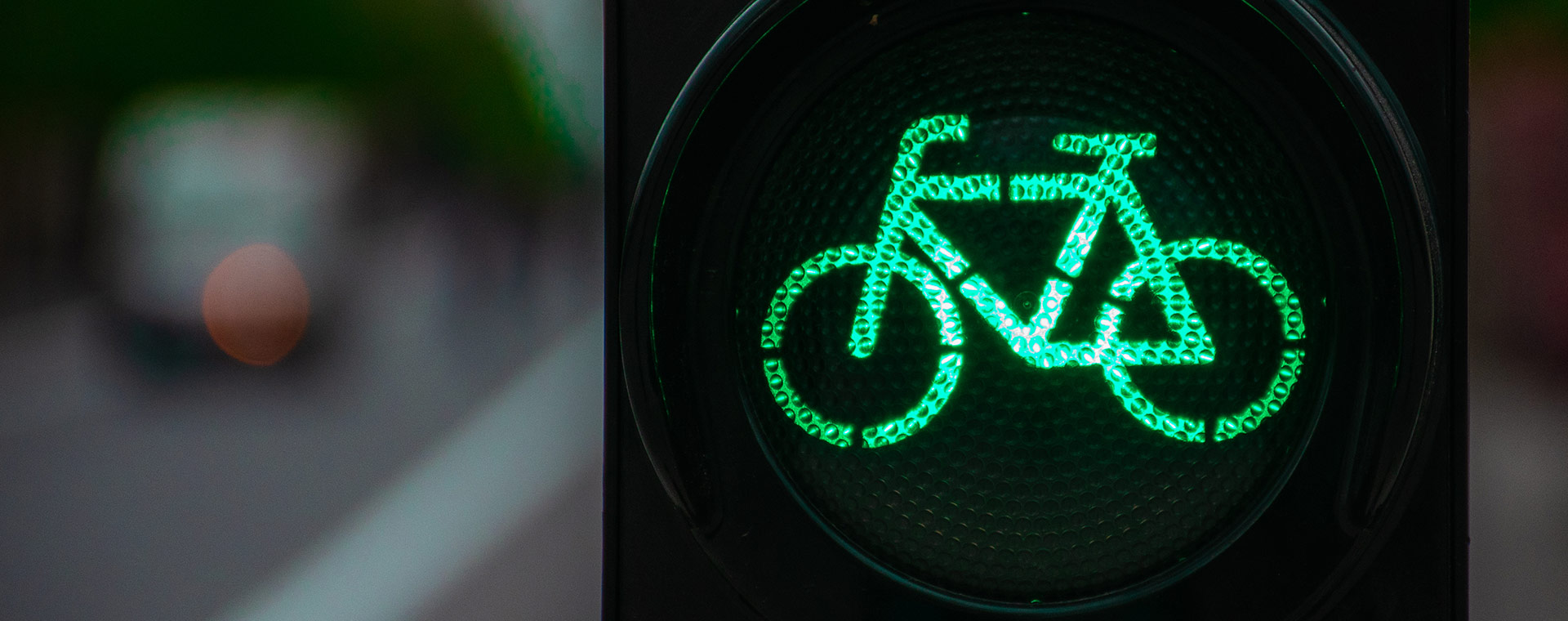Insights
Decarbonization
Decarbonizing mobility: where do we start?
-
Aurélie Gillieaux
Managing Director Benelux of WeNow

To truly change our mobility habits, raising awareness about alternatives to private vehicles appears to be the key step.
Prompting us to rethink the way we get around, awareness campaigns help us reach an important conclusion: in the same way that the best type of waste is waste that is not produced, the best type of mobility is… less mobility.
Once we understand this — without depriving ourselves of mobility — we are guided by the following principle: we must avoid what can be avoided by enthusiastically re-investing in certain transport modes, such as night trains or urban cycling.
Enthusiasm must also pervade our new habits. Concern for our health, and our wallets, is part of the formula for change, and even then it must be guided by the right information. To me, all these elements seem essential to catalyze real change.
-
 Interview
Decarbonization
Interview
Decarbonization
How will rural areas adapt to the shift towards carbon-neutral mobility?
Caulfield Brian, Professor in transportation and Head of Department at Trinity College Dublin, Expert to the National Transport Authorithy (Ireland)
-
 Interview
Decarbonization
Interview
Decarbonization
How can we catalyze the transition towards carbon-neutral transportation?
Katarina Cséfalvayová, Co-founder and director of the Institute for Central Europe
-
 Interview
Public investment
Interview
Public investment
How can we integrate inclusion in the transition to sustainable transportation?
Halpern Charlotte, FNSP tenured researcher at Sciences Po Paris’ Centre for European Studies and Comparative Politics
-
 Edito
Common Good
Edito
Common Good
Is public transportation a common good?
Passalacqua Arnaud, Professor at the Paris School of Urban Planning
Public transportation is a common good: this is a commonly accepted fact, even if its meaning isn’t explored in depth. The question of commonality raises a number of tensions between the public transport’s organization and its financing methods, which are little known to users. -


